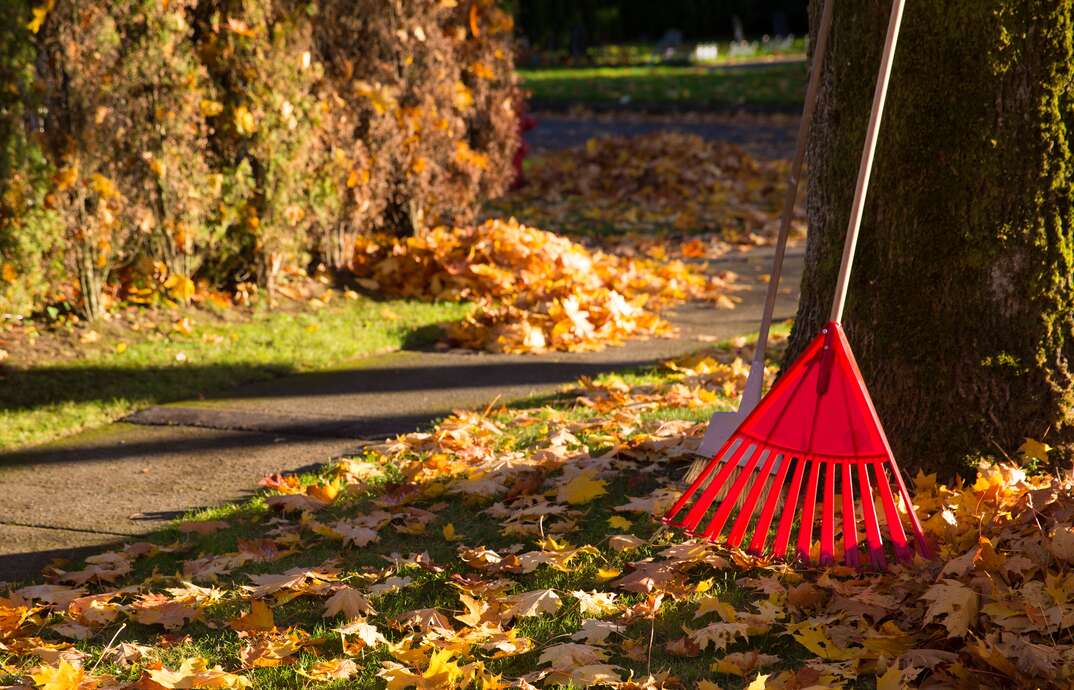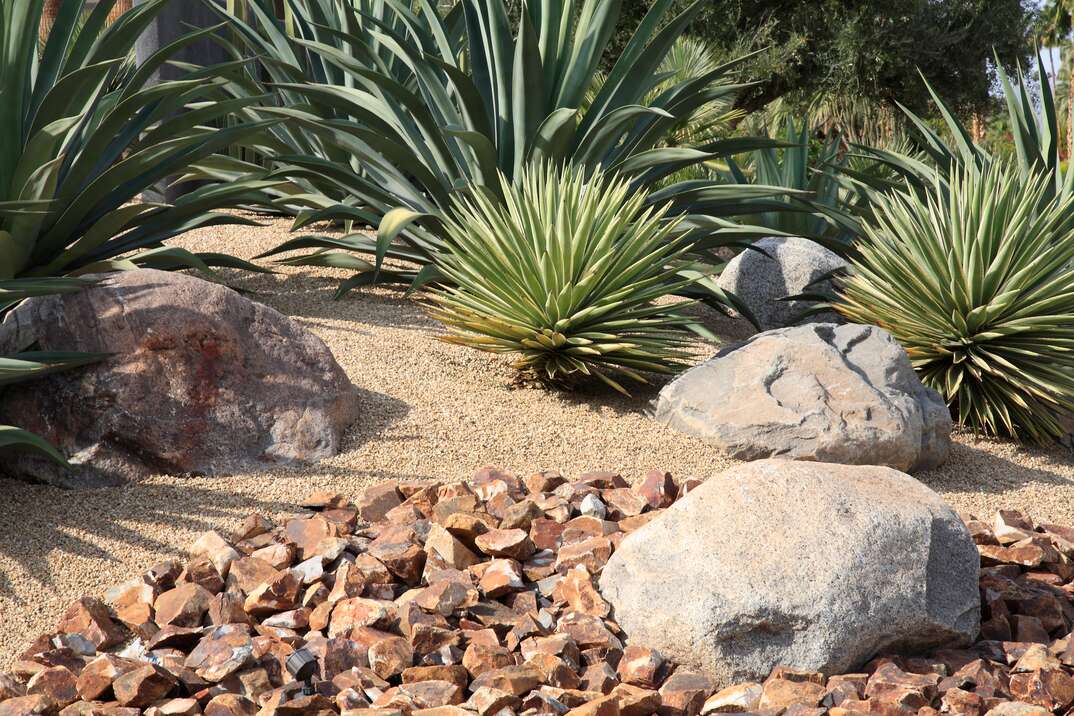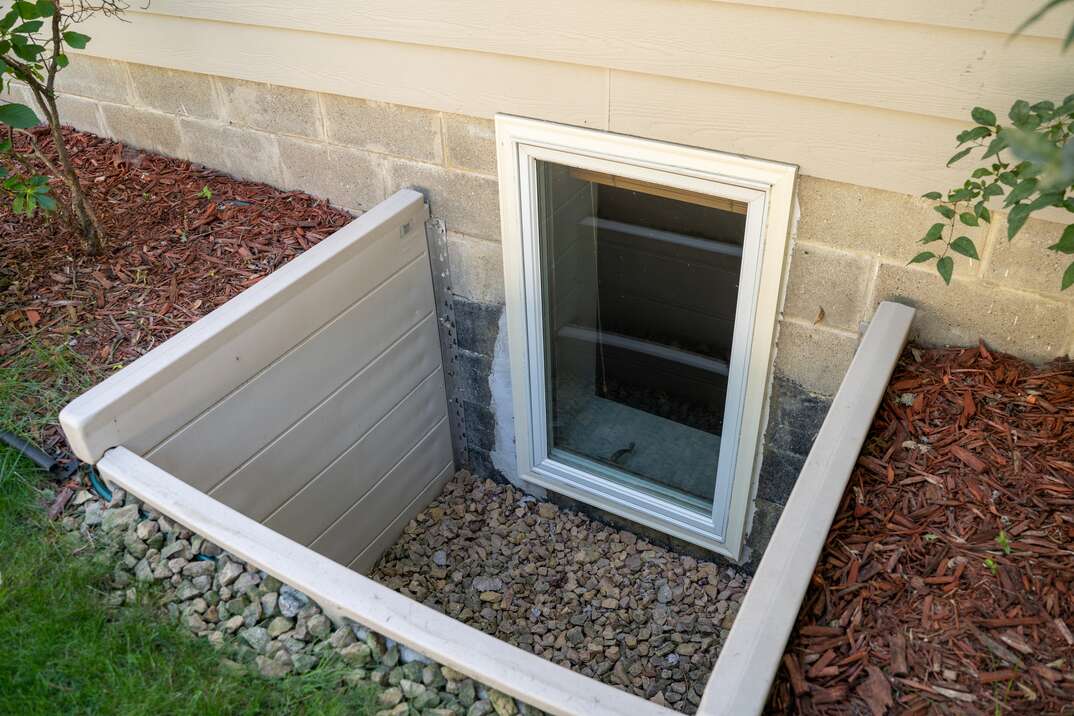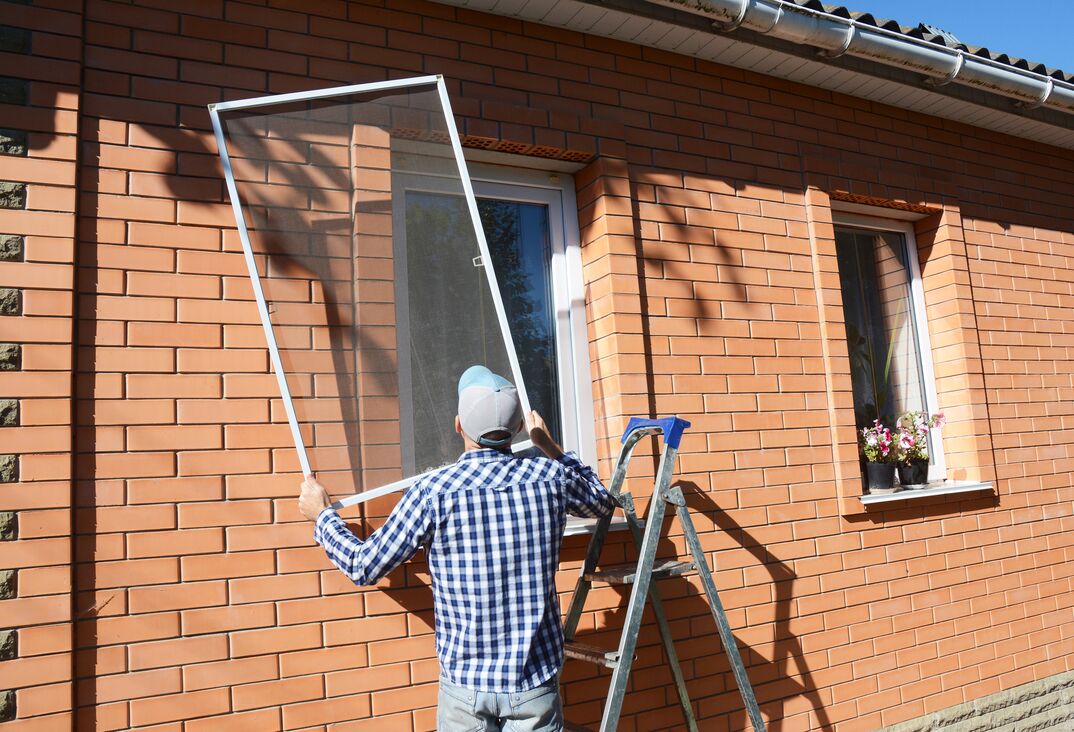Rake It or Leave It? Here's Why You May Just Wanna Leave Your Leaves Where They Fall

Many homeowners assume that raking the leaves off their lawn is a necessary fall maintenance task — but is that actually true? Well, it depends.
This May Also Interest You: How to Keep Your Lawn Green While Also Conserving Water
Raking leaves does offer a number of advantages, but not raking your leaves may actually be the superior option in many cases. Read on to discover whether you should rake your leaves this fall, or if leaving them on your lawn is the better choice.
Why Should You Rake Your Leaves — Or Why Not?
Reasons to Rake Your Leaves
The most obvious reason to rake your leaves is that it makes your lawn, generally, look nicer. On top of that, maintaining a well-manicured lawn is mandated by some homeowners associations, so raking leaves will be required in those cases.
Aside from the aesthetic considerations, excess leaf buildup can have health consequences for your lawn. A thick layer of leaves can suffocate the grass and inhibit its growth by blocking natural sunlight, and leaf layers can develop “snow mold” over the winter months that can cause discolored patches of grass.
The act of raking itself can also benefit your lawn by helping to remove the layer of dead grass (called thatch) that can also restrict airflow in your lawn. However, using a regular rake won’t remove all the thatch, only the uppermost layer. For that, a rake specifically designed for thatching needs to be used instead.
Reasons Not to Rake Your Leaves
Perhaps the biggest reason not to rake your leaves is the environmental impact of leaf disposal. Data from the Environmental Protection Agency shows that over 10% of household waste disposed of in landfills is yard waste, which includes leaves. Not only does this waste take up precious space in landfills, but the leaves emit the greenhouse gas methane after decomposing and mixing with other organic matter.
Leaves also offer a hospitable environment for many types of butterflies and moths with declining populations. Many moths and butterflies lay their eggs in fallen leaves, which hatch and enter their initial developmental stages in this “leaf litter” over the winter. Keeping leaves on your lawn can help promote their dwindling numbers, and their presence in your yard the following spring can make for a beautiful display.
Just as raking leaves has health benefits for your lawn, not raking has advantages as well. A layer of leaves will act as a layer of mulch that can inhibit weed growth and increase moisture retention in the soil. After a period of time, the leaves will release nutrients into the soil as they decompose — making them a natural lawn fertilizer.
If you decide to use your leaves for this purpose, chopping up the leaves with a mower will speed up this decomposition process. Mowing will also allow greater airflow through the leaf layer, which can prevent suffocating the grass and the development of mold.
Finally, one of the most obvious reasons not to rake your leaves is that it can be a lot of work. If it’s not absolutely essential, then why bother?
More Related Articles:
- Cleaning Gutters Doesn’t Have to Be Gut-Wrenching. Here’s a Step-by-Step Guide
- How Much Does It Cost to Clean Gutters?
- What Does It Mean to Aerate Your Lawn and Should You Do It?
- How to Mulch Your Yard
- Got Brown Patches and Bald Spots? Here’s How to Fix Lawn Damage
The Final Verdict
With so many advantages of not raking your leaves, many experts believe that raking should be avoided unless:
- Leaves cover over 20% of your lawn
- The leaves are exceptionally thick in any area
- It’s required by your HOA
Even then, do the environment a favor and avoid disposing of the collected leaves in your waste bin.
Instead, consider the following disposal alternatives:
- Take the leaves to a local composting program if you have one in your area. Some programs may even provide mulch in return.
- Place them into garden or flower beds. Even if you would rather remove the leaves from your lawn than leave them as a layer of mulch, you can spread a layer of collected leaves into flower and garden beds to supply them with the mulching benefits.
- Use them in your compost pile. Leaves can make a valuable addition to other organic material in a compost pile.
Raking Alternatives
If you do decide to clean the leaves off your yard, there are a few alternatives to raking that can make for quicker and easier work.
The best alternative is mowing if you have a mower equipped with a collection bag. Along with being faster and easier than raking, the crushed leaves from mowing will have less mass and take up less space than whole leaves, so the collected material will be easier to transport, relocate, or dispose of.
Another option is to use a leaf blower to blow the leaves into large piles before collecting them. Using a blower can greatly reduce the time and effort involved with moving the leaves into a single pile, but you will still need to manually collect the pile you form. That being said, some blowers have vacuuming options and collection bags that can eliminate any manual effort.
The only thing you shouldn’t do with your leaves is burn them. Burning yard waste is banned in several regions because it risks starting forest fires, and the burnt material emits airborne particulates that may cause cardiovascular issues when inhaled.


